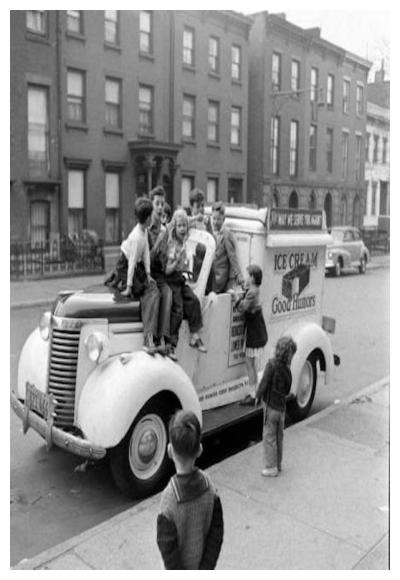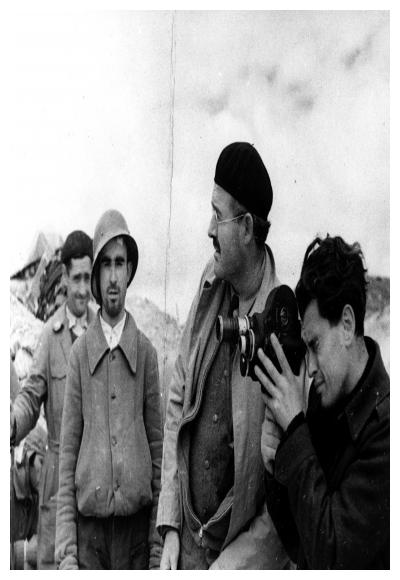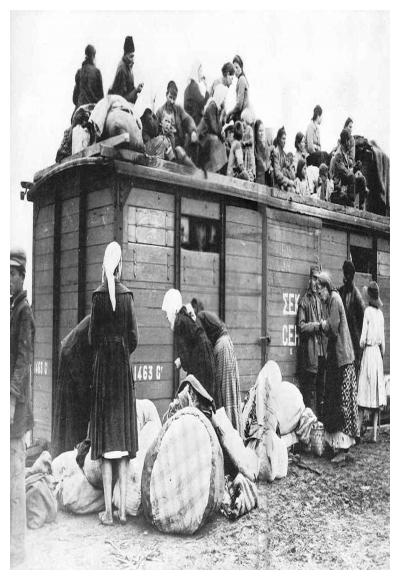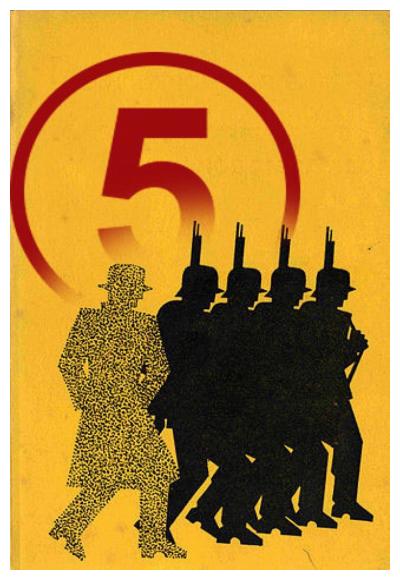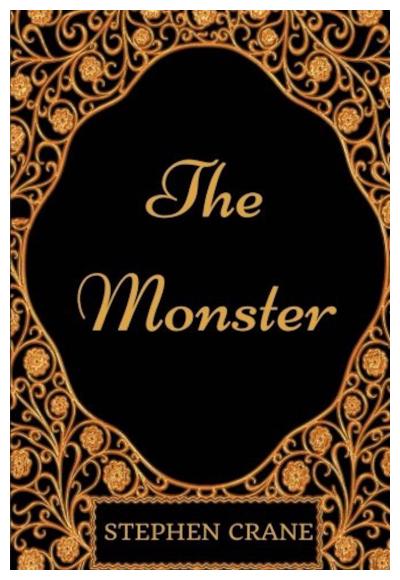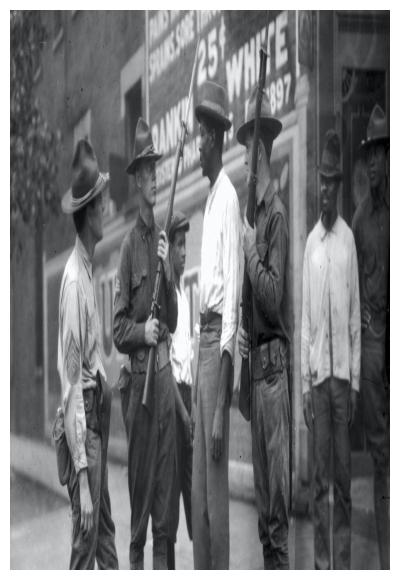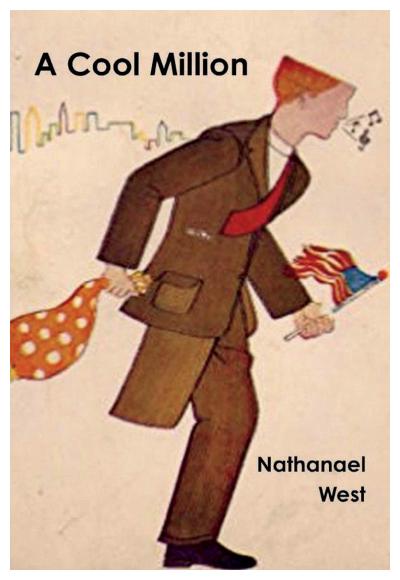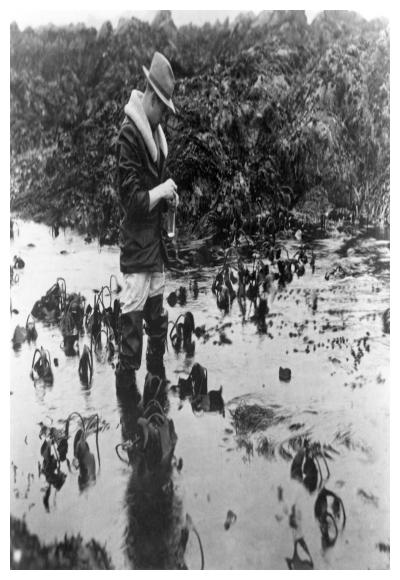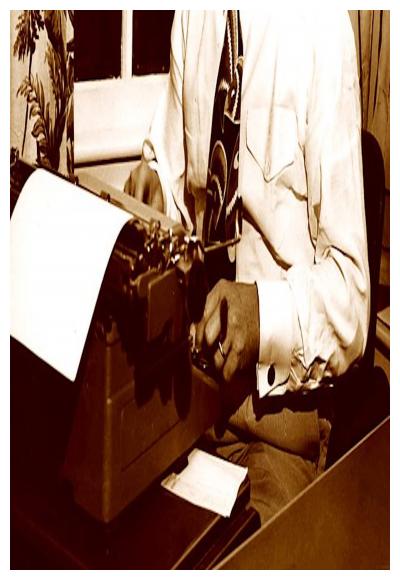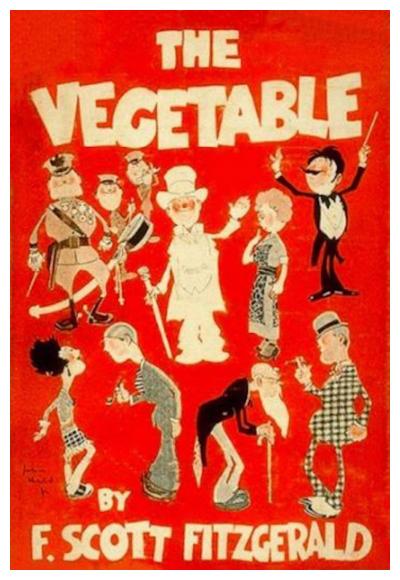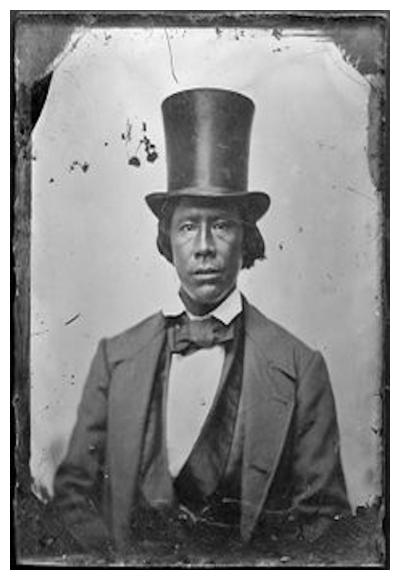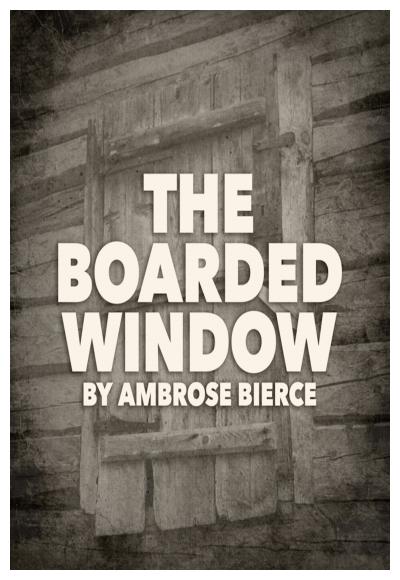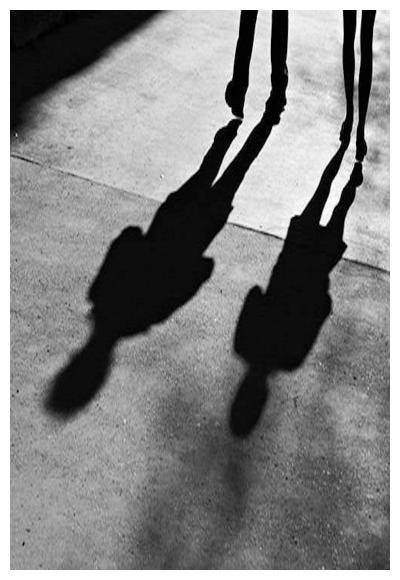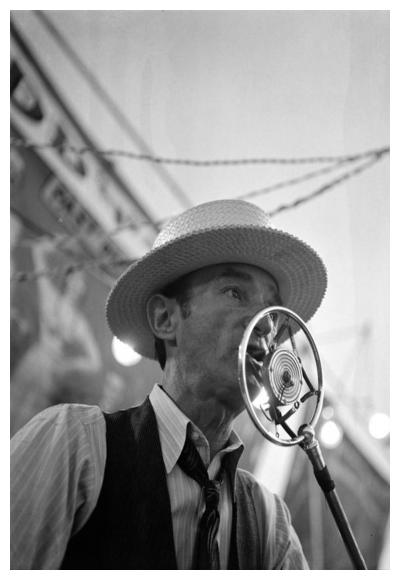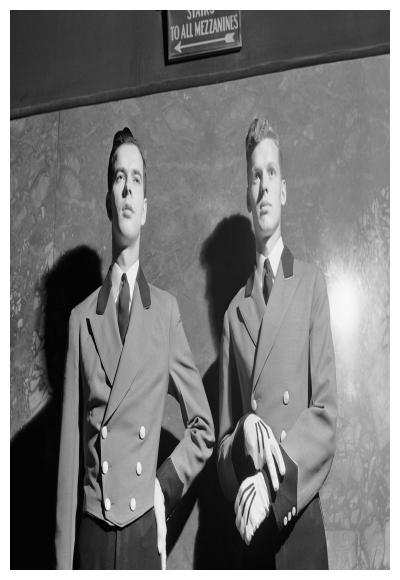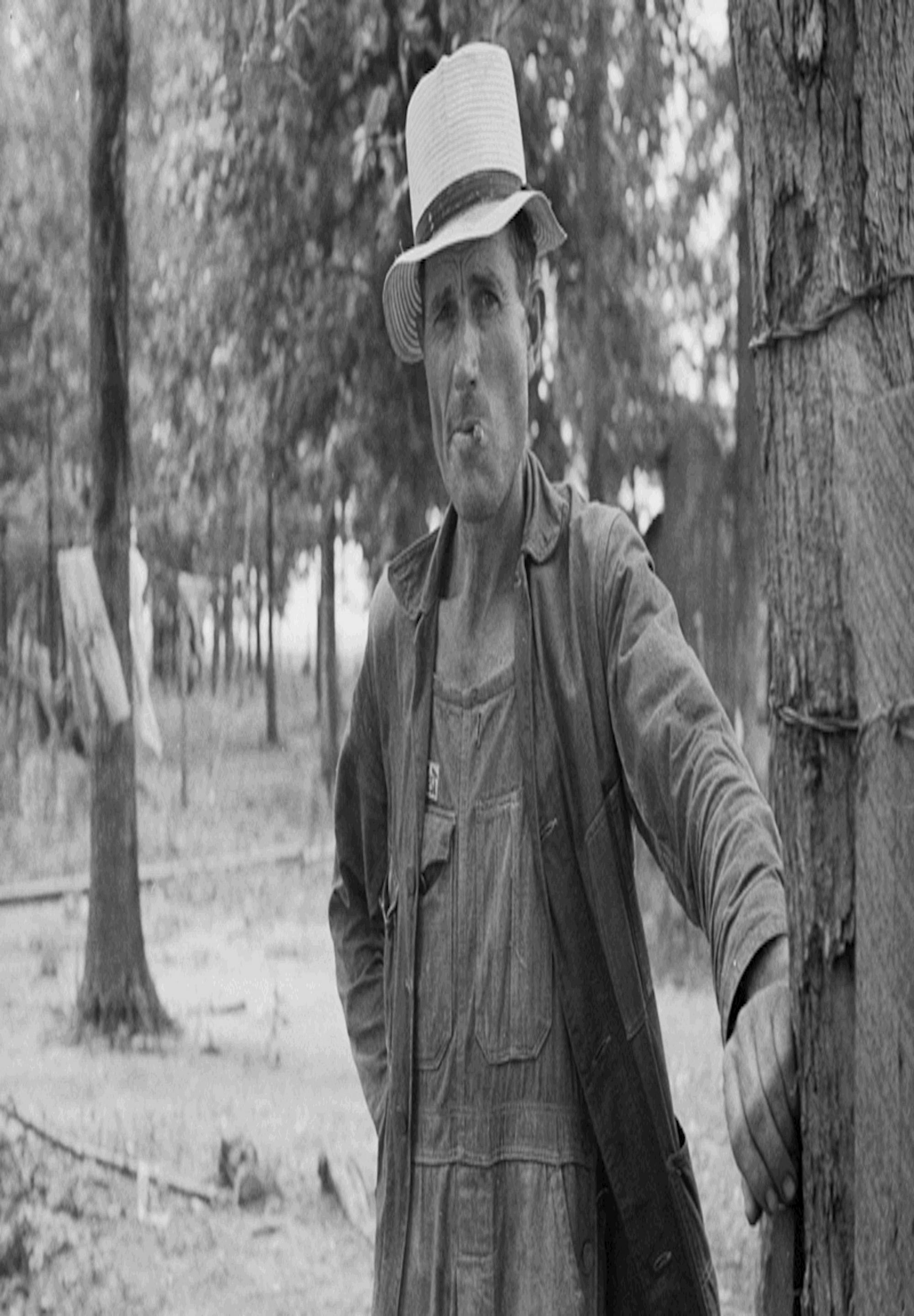
Synopsis/Details
"The Artificial Black Man" depicts the journey of an older Southern white man through four politically-charged decades in two American states, Georgia and New York. During this journey, Mr. Head slowly comes to grips with the realities of race in the United States at the same time as he witnesses the disintegration of his own immediate family—and self. Though the dominant presence in Mr. Head’s life becomes Nelson, his grandson, this grandfather is surrounded by revealing characters of various kinds in, and around, Milledgeville, Atlanta, and Manhattan: a liberal white schoolteacher; subservient black help; white law enforcement; “uppity” black travelers; complacent or angry whites; and the choral-like crowds that gather around, if not menace, Mr. Head on trains, subways, and city sidewalks.
Mr. Head is at once a pathetic, comic, and even grotesque figure meant to be emblematic of a unique—yet continuing—period in U.S. history. He is sad, he is funny, he is despicable, and he is pitiable: a relic of the past who, finally, is more artificial than the upended black lawn jockey he confronts, in a kind of epiphany, on an Atlanta street; than the withering geranium to which he takes a fancy as it sits, precariously, on a Manhattan window ledge; than even the black, polio-afflicted Milledgeville boy who was wheeled outside every morning into the sun—just so he could sit there, blinking. Put another way, Mr. Head has in the end become his own “nigger,” a white one, and he seems ultimately to realize this. So, too, does his caregiver (and only surviving family member), the present-yet-absent Nelson, whose nascent homosexuality, in the New York of the 1950s, is its own form of “niggerdom.”
Story & Logistics
Story Type:
Road Trip
Story Situation:
Vengeance taken for kin upon kin
Story Conclusion:
Sad
Linear Structure:
Linear
Moral Affections:
Penitence, Punishment
Cast Size:
Many
Locations:
Several
Characters
Lead Role Ages:
Female Middle Aged, Male Middle Aged, Male Young Adult, Male over 45, Male under 13
Hero Type:
Unfortunate
Villian Type:
Bully
Stock Character Types:
Everyman
Advanced
Adaption:
Based on Existing Fiction
Subgenre:
Literary Adaption, Psychological, Race Relations, Small-town Life, Social Problem
Equality & Diversity:
Race Relations Focused
Life Topics:
Approaching Death, Coming of Age, Mid-life Crisis/Middle Age, The Elderly
Time Period:
Post-war era (1946–1962)
Country:
United States of America (USA)
Time of Year:
Autumn/Fall, Spring, Summer, Winter
Relationship Topics:
Kinship, Widowhood
Writer Style:
Calder Willingham, Horton Foote, William Faulkner

